Click on one of the 10 neurodevelopmental domains involved in the diagnosis of FASD to find out more. Use the 'back' button to return to the full list of domains.
 Brain structure and neurology
Brain structure and neurology
Content Title
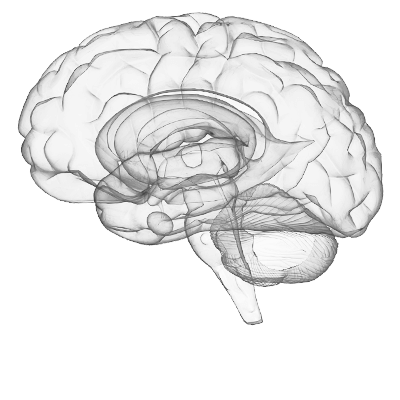
Alcohol use during pregnancy can damage the structure of any part of the brain. The functional impairment can be classified within 10 neurodevelopmental domains. The diagnosis of FASD requires severe impairment in at least 3 of these domains. Click on these domains to see how the person with FASD might be affected.
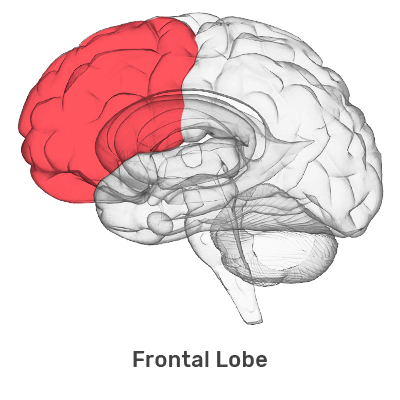
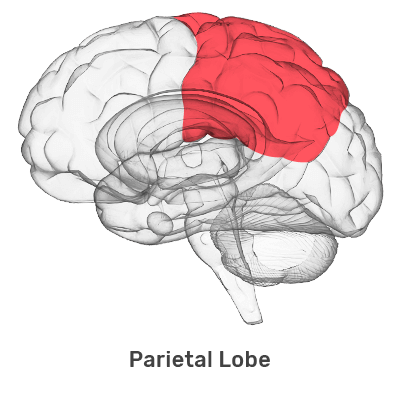
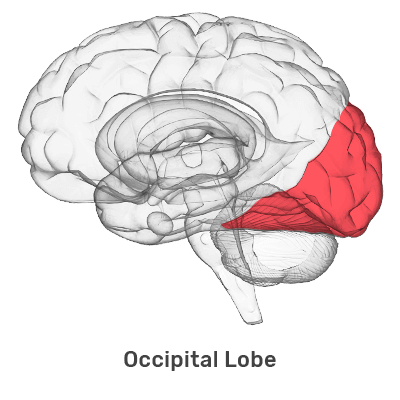
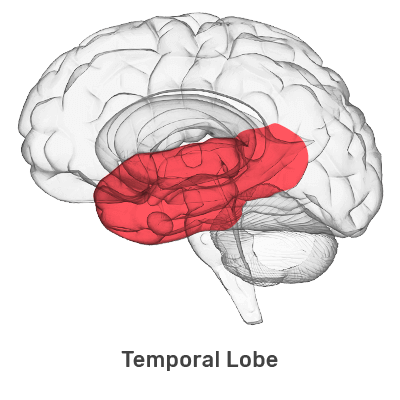
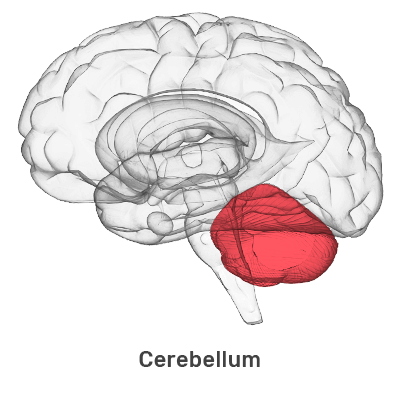
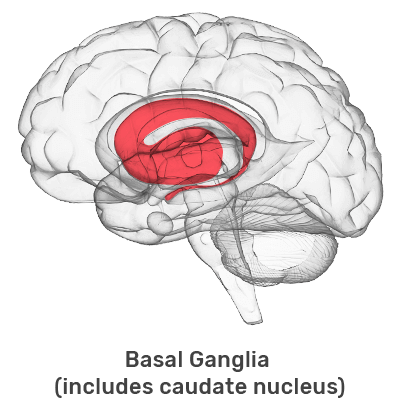
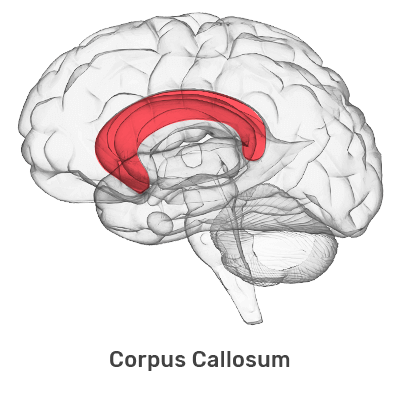
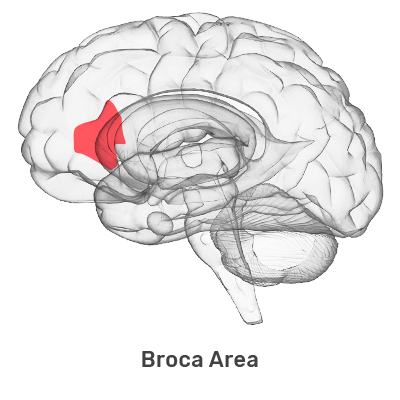
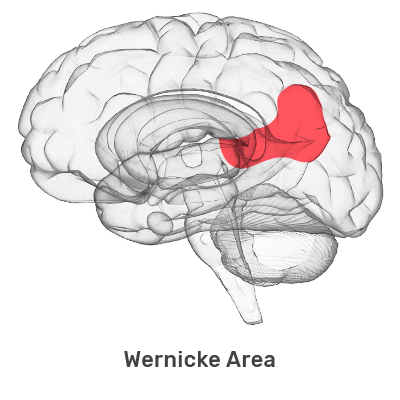
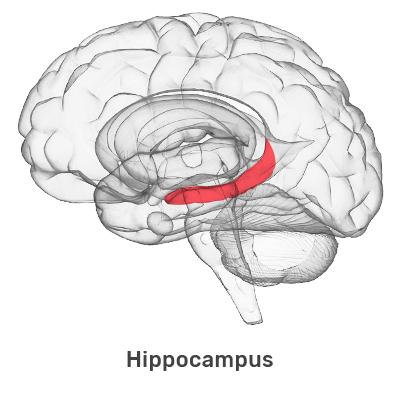
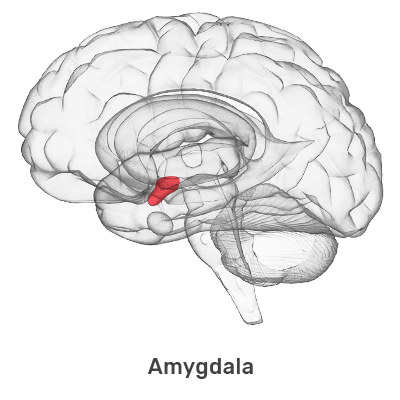
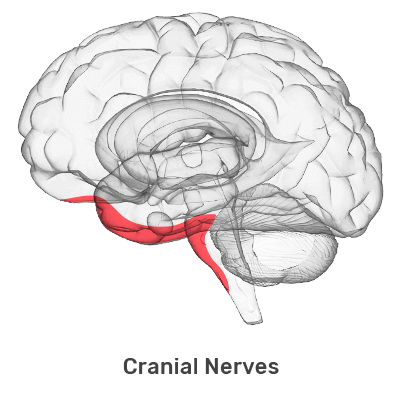
Brain structure and neurology includes:
- Abnormal head circumference
- Structural brain abnormalities
- Seizure disorder not due to known postnatal causes
- Significant neurological diagnoses otherwise unexplained
How a person with FASD might be affected
- A baby with FASD may be born with a head that is significantly smaller than a normal sized baby of the same gender and age
- Children with microcephaly may have brains that have not have developed properly
- Children with FASD may have seizures, vision or hearing problems or cerebral palsy



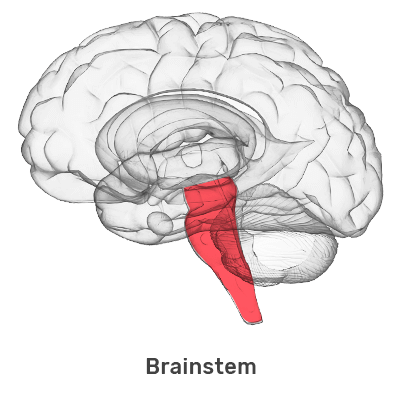



Motor skills include fine motor skills (manual dexterity, precision), gross motor skills (balance, strength, co-ordination, ball skills and agility), graphomotor skills (handwriting) and visuo-motor integration.
How a person with FASD might be affected
- Problems with fine motor skills include: holding a pen and writing, using scissors, and doing up buttons and laces
- Problems with gross motor skills include: trouble learning to ride a bike, trouble coordinating arms and legs when running, falling over more commonly than other kids
- Floppy or stiff limbs
- Delayed skills e.g. picking up and stacking blocks in a tower, making Duplo or Lego models




Cognition includes IQ, verbal and non-verbal reasoning skills, processing speed, and working memory.
How a person with FASD might be affected
- Difficulty understanding concepts
- Difficulty learning new skills or facts
- Difficulty remembering what was previously learned



Language includes expressive and receptive (how we understand and make sense of what we hear) language skills.
How a person with FASD might be affected
- May not understand instructions or their intent e.g. keep away from the hot stove
- Can't find the right word, uses the wrong word, can't communicate intent, can't structure a sentence
- Engages in an apparently meaningful conversation but is unaware of the meaning of what is being said






Academic achievement includes skills in reading, mathematics, and/or literacy (including written expression and spelling).
How a person with FASD might be affected
- Poor performance at school and in external tests compared to other children, even if IQ is normal
- Not achieving at the same level as other children of the same age
- May have specific learning problems e.g. with maths (doesn't understand the abstract concepts), doesn't understand the concept and value of money
- Doesn't understand time and hence may not get to school or work on time
- Can do the activity e.g. learning new word in spelling or reading today, but not tomorrow
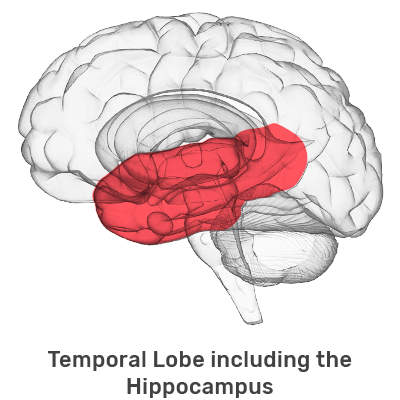


Memory includes overall memory, verbal memory, and visual memory.
How a person with FASD might be affected
- May have trouble remembering things that happened yesterday (short term) or in the past (long term) – including school work or daily routines
- Failure to remember and learn from experience
- Often don't remember things in the correct sequence eg recounting the day at school or giving evidence in court
- Forgetfulness





Attention has several components:
- Selective attention (i.e. focusing on a particular stimuli)
- Divided attention (i.e. attending to 2 or more stimuli at the same time)
- Alternating attention (i.e. switching focus from one stimuli to another)
- Sustained attention (i.e. attending for a long period of time and resistance to distractions)
How a person with FASD might be affected
- Problems with concentration, focusing on a task and completion of tasks at school, home or work
- Attention problems may occur with or without hyperactivity


Executive function, including impulse control and hyperactivity, refers to a set of higher-level skills involved in organising and controlling one's own thoughts and behaviours in order to fulfil a goal with maximum efficiency.
How a person with FASD might be affected
- Trouble planning a complex task
- Trouble knowing where to begin a task – whether school activity or playing a game
- Trouble moving from one activity to another in the home or school environments e.g. moving from music lesson to maths lesson, stop playing a game and get ready for dinner
- Acting without thinking e.g. disruptive and/or aggressive behaviour in the classroom, hyperactivity
- May call out or act out in the classroom when they are not sure what to do or can't do something
- Harm to others and self-harm


Affect regulation includes mood and anxiety disorders.
How a person with FASD might be affected
- Very emotional with swings from sad to happy – often not sure why they are sad
- May have anxiety or depression, panic attacks
- Separation anxiety or disorders of attachment e.g. when children are removed from their family and children with multiple out of home care placements





Adaptive behaviour, social skills, or social communication is defined as the life skills which enable an individual to live independently in a safe and socially responsible manner, and how well they cope with everyday tasks.
How a person with FASD might be affected
- Difficulties in self-care, independent and day to day living without assistance, difficulties managing money e.g. don't pay bills
- Socially and financially gullible
- Difficulty with relationships e.g. children with developmental delay may play/socialise with younger children, indiscriminate expression of affection, overly friendly and at risk of predatory behaviours
- Difficulty recognising and responding to social cues
- Difficulty making and keeping friends
- Subject to teasing and bullying
- May demonstrate features of autism spectrum disorder